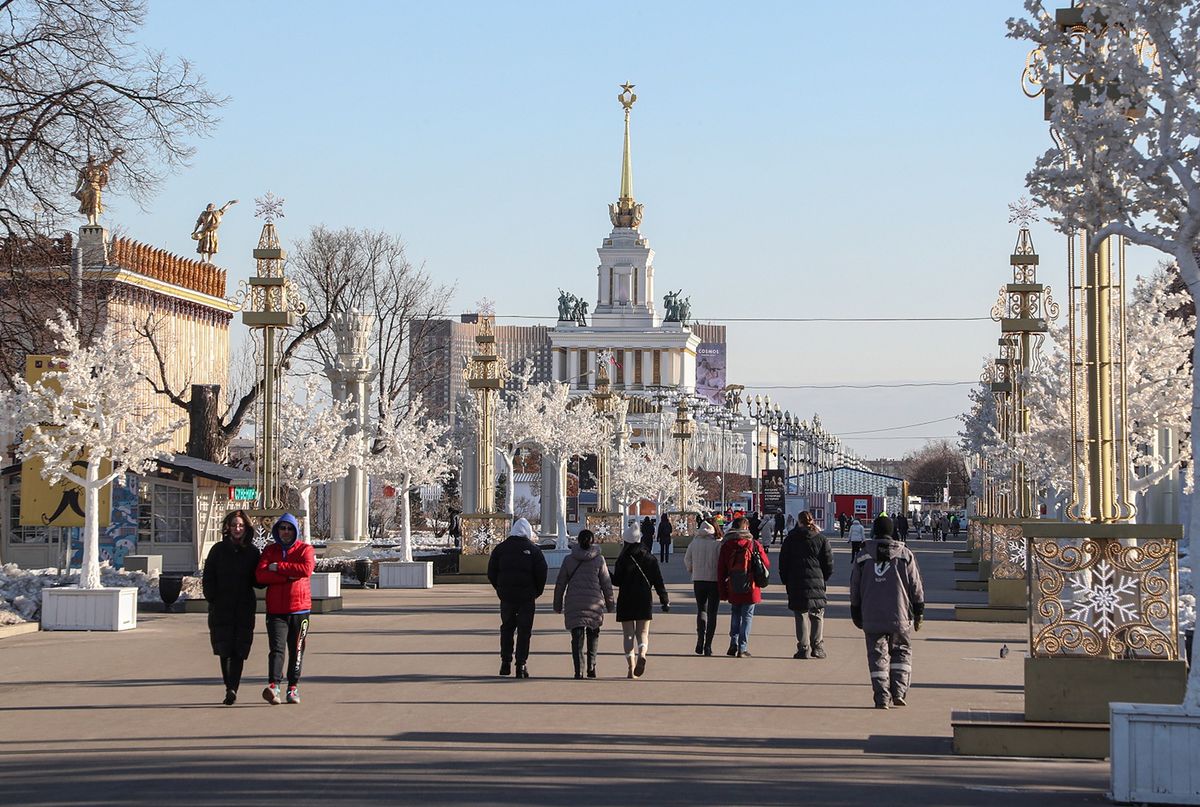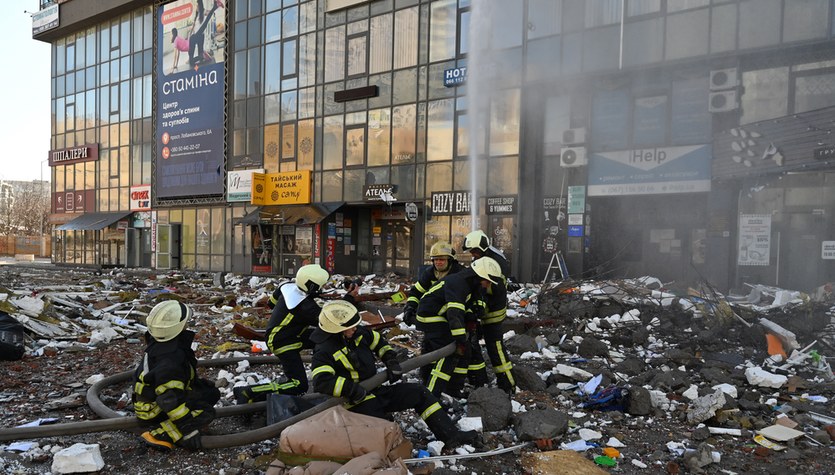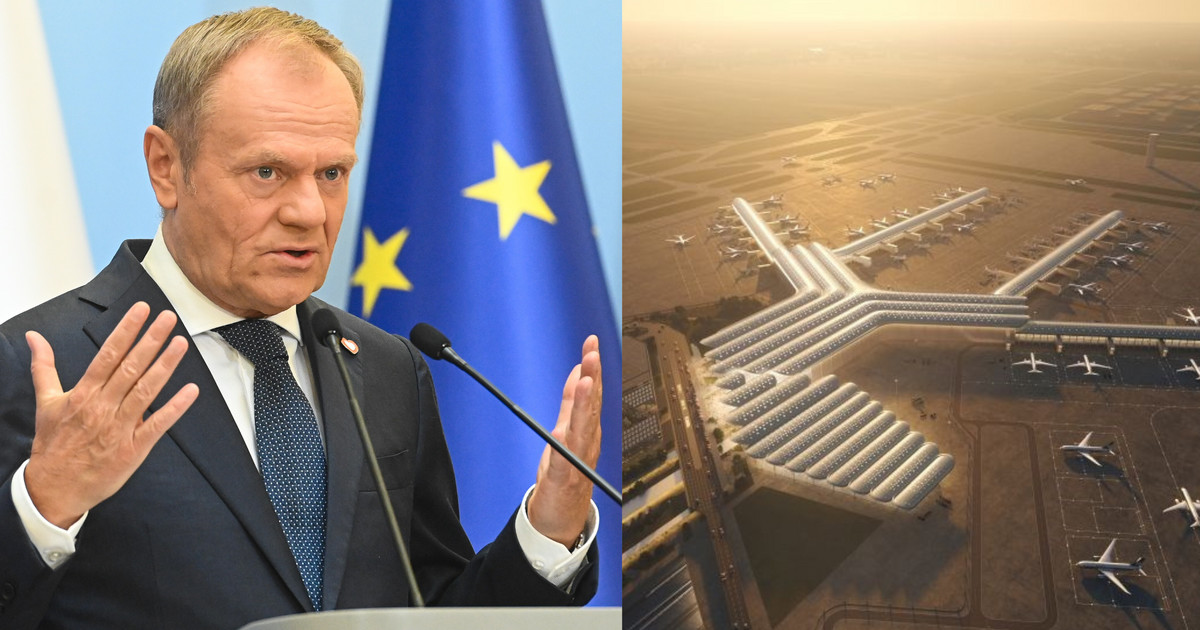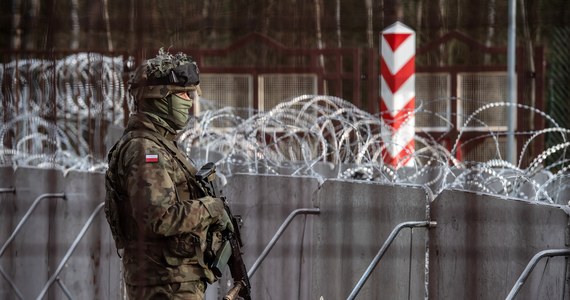As assessed by PIE experts, Western sanctions are effectively limiting the CBR’s ability to strengthen the ruble. The government introduced capital controls by ordering each private institution to sell currency to the Bank of Russia. The Polish Economic Institute predicts that the ability of the Russian Bank to stabilize the currency will soon run out, which will be the result of the freezing of CBR reserves by the West. Thus, the ruble will continue to weaken.
– What is currently happening with the Russian economy is a direct result of the sanctions imposed by European leaders, in which the Polish government had a large share by putting pressure on Switzerland or Germany. The consensus that has been developed is a success for both European and Polish diplomacy and evidence of the unity of the Western alliance in the struggle for democratic values - comments Piotr Arak, Director of the Polish Economic Institute.
As the institute reminds us, Western sanctions imposed on Russia as a result of its aggression against Ukraine have frozen the assets of the Russian Central Bank and restricted Russia’s access to Western markets. Several private funds (including Norges Bank Investment Management and British Petroleum) have announced that they will sell all Russian assets.

Russia introduced capital control
PIE experts explain that, in the words of European Commission Vice-President, Josep Borrell, The sanctions will freeze half of the reserves of the Bank of Russia. According to official data, it amounts to 630.2 billion dollars, less than half of which are reserves in euros, dollars and pounds. A significant part of the reserves are gold (about 20%), which will not be able to work under sanctions.
“Fearing a panic selling of assets, Russia did not open the stock exchange today. The Russian Central Bank suspended the listing of shares on the Moscow Stock Exchange. Western sanctions limit the ability of the CBR to intervene in the currency. CBR has also banned the service of foreign clients by Russian brokers.” – We read in the publication PIE.

As its experts explain, This is to prevent foreign investors who have pledged to sell their stakes in Russian companies from withdrawing their assets. For example, BP announced that it would dispose of its roughly 20 percent stake. Shares of the largest oil company Rosneft. Standard & Poor’s lowered Russia’s credit rating to “junk” (BB+). At the same time, the Russian government decided to introduce a mandatory sale of 80 percent. Income from foreign exchange from exports, which will at least partially limit the depreciation of the ruble.
Covering the central bank of such a large country with sanctions is an unprecedented act And it will lead to the collapse of the financial system in Russia – estimates Jakub Rybacky, an analyst in the macroeconomic team at the Polish Economic Institute.
Capital control may temporarily stop the Russian market from completely collapsing in the coming days, but the side effect will be a complete loss of confidence in Russian companies. This effect will last for years. He added that we expect a significant depreciation of the ruble to be permanent, which will translate into a significant increase in inflation, a decrease in living standards in Russia and an increase in social inequality.

Russian companies lost half their value on the London Stock Exchange
As the institute calculates, Russian companies listed on the London Stock Exchange fell significantly. The European Central Bank indicates that Sberbank Europe AG – the European branch of Russia’s largest bank – is likely to collapse. Sberbank operates in Austria, CzechAnd the GermanyHungary, Croatia and Slovenia (assets of 13.6 billion euros at the end of 2021). Here is a breakdown of losses on the trading floors in London:
- Novolipetsk Steel: -72 percent
- Novatek: -67 percent
- Fusagro: -67 percent
- Lukoil: -56 percent
- Gazprom: -50 percent
- Rosneft: -45 percent
- Norilsk Nickel: -40%
– the announcement of other sanctions packages covering all transactions with the Central Bank of Russia, Already at the end of the week caused a financial panic among Russians – says Jan Strzelecki, analyst in the Global Economy Team.
– They began to withdraw cash en masse from ATMs, as a result of which queues of dozens of people formed in large cities. Despite the high exchange rates In many exchange offices and banks there was a shortage of dollars and euros. Regarding the imposition of sanctions on the export of high technology to Russia, Shops containing electronic equipment and luxury goods were also besieged. Sanctions have also translated into an increase in the prices of these goods, for example, 8 car manufacturers decided to raise their recommended retail prices on Monday, says Jan Strzelecki, an analyst with the Global Economy Team.

According to CBR data already Cash was withdrawn from ATMs on Friday 12 times more than the day the invasion began. On the other hand, queues did not appear in front of ATMs in Moscow on Monday.
As PIE explains, customers of sanctioned banks, including the second largest, VTB, were also denied the ability to use the services of Apple Pay, Google Pay and Samsung Pay, popular in Russia. Bank customers were worried about the possibility of using Visa and MasterCard payment cards after the application of sanctions, but transactions are carried out through the internal Russian payment card system.
However, the cards do not work for foreign payments (including Sberbank cards, where half of Russians own accounts). Western courier companies also stopped serving customers in Russia, which increased the burden and inefficiency of the Russian Post Office.
Cutting off Swift’s services worries Russians
While the record appreciation of the dollar as a result of sanctions is something that happened in the past – for example, after the annexation of Crimea – many other issues remain unclear to Russians now. For example, cutting off some banks from the SWIFT system will affect the use of payment cards in Russia and abroad, comments Anna Vrubel, PAP correspondent in Moscow.

He also adds, the average standard of living of Russians has decreased in recent years. However, this allowed many people in Moscow to feel comfortable thanks to developed trade and the availability of all goods.
Now the atmosphere of anticipation dominates. Over the past seven years, the Russian authorities have convinced the Russians that the economy has coped with the sanctions imposed after the annexation of Crimea, and even thanks to them Russia has become independent of imports and has become self-sufficient.
The older generation, remembering the times of the Soviet Union, when the Soviet economy was isolated, and therefore – as it is shown today – resistant to external pressure, is susceptible to this argument.
Analysts from the Polish Economic Institute of PAP explained that Russia’s SPFS billing system, an alternative to SWIFT, supports about 20 percent. payments in Russia, However, it only works in the local system and is not ready to handle international payments.


Echo Richards embodies a personality that is a delightful contradiction: a humble musicaholic who never brags about her expansive knowledge of both classic and contemporary tunes. Infuriatingly modest, one would never know from a mere conversation how deeply entrenched she is in the world of music. This passion seamlessly translates into her problem-solving skills, with Echo often drawing inspiration from melodies and rhythms. A voracious reader, she dives deep into literature, using stories to influence her own hardcore writing. Her spirited advocacy for alcohol isn’t about mere indulgence, but about celebrating life’s poignant moments.










